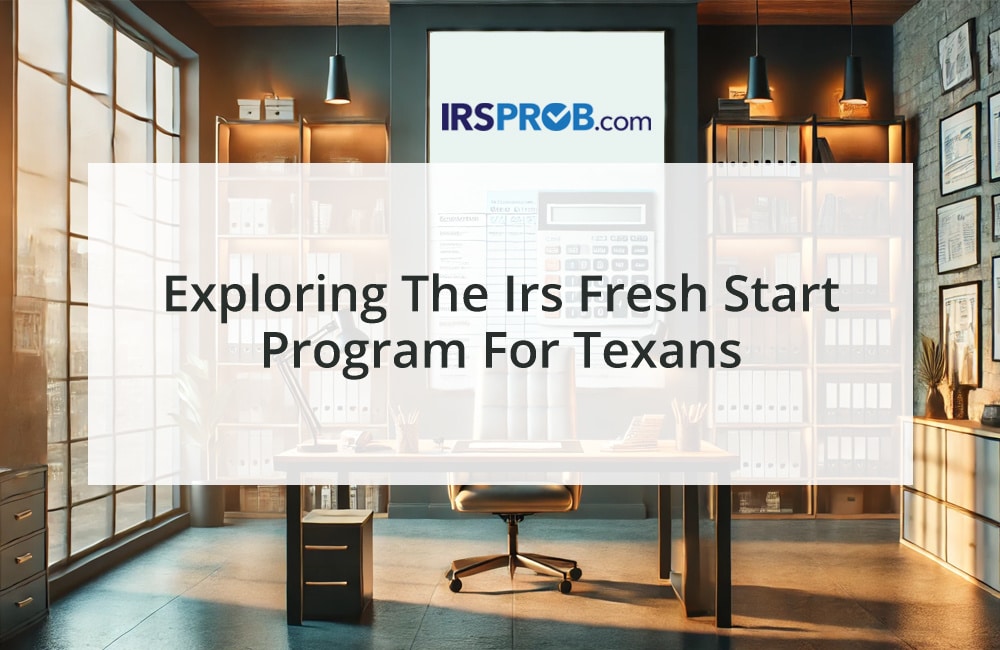In 2013, Salvatore Groppo and 18 other co-defendants were indicted for their involvement in operating an unlawful sports gambling website based in Peru. Groppo, a sub-bookie, pleaded guilty in 2014 under a plea agreement, receiving five years’ probation, 200 hours of community service, a $3,000 fine, and a $100 special assessment. He understood that this plea agreement would not bind other federal, state, or local authorities, and the government moved for early termination of his probation after three years, which the court granted.
Despite fulfilling his probation terms, Groppo faced ongoing consequences from his conviction, including diminished employment prospects and difficulties in opening bank accounts. When the IRS assessed over $100,000 in excise tax and penalties related to his bookmaking activities, Groppo was advised to settle for around $40,000 to avoid higher liability. He paid using his daughter’s college fund, though records indicate the IRS did not settle.
Groppo appealed to the 9th Circuit Court of Appeals, seeking to expunge his felony conviction to remove the basis for the IRS’s tax assessment. He argued that the IRS’s assessment, which was significantly higher than his plea agreement fine, unfairly extended his punishment. However, expungement – which destroys or seals conviction records – does not alter the legality of a conviction and is typically limited to unlawful arrests, government misconduct, or clerical errors.
The court found that Groppo’s request lacked merit. The IRS’s actions were consistent with the consequences of his conviction, and the plea agreement explicitly stated it would not affect other authorities, including the IRS. Therefore, Groppo’s appeal for expungement was denied, reaffirming that a guilty plea deal does not relieve one from related tax liabilities.









